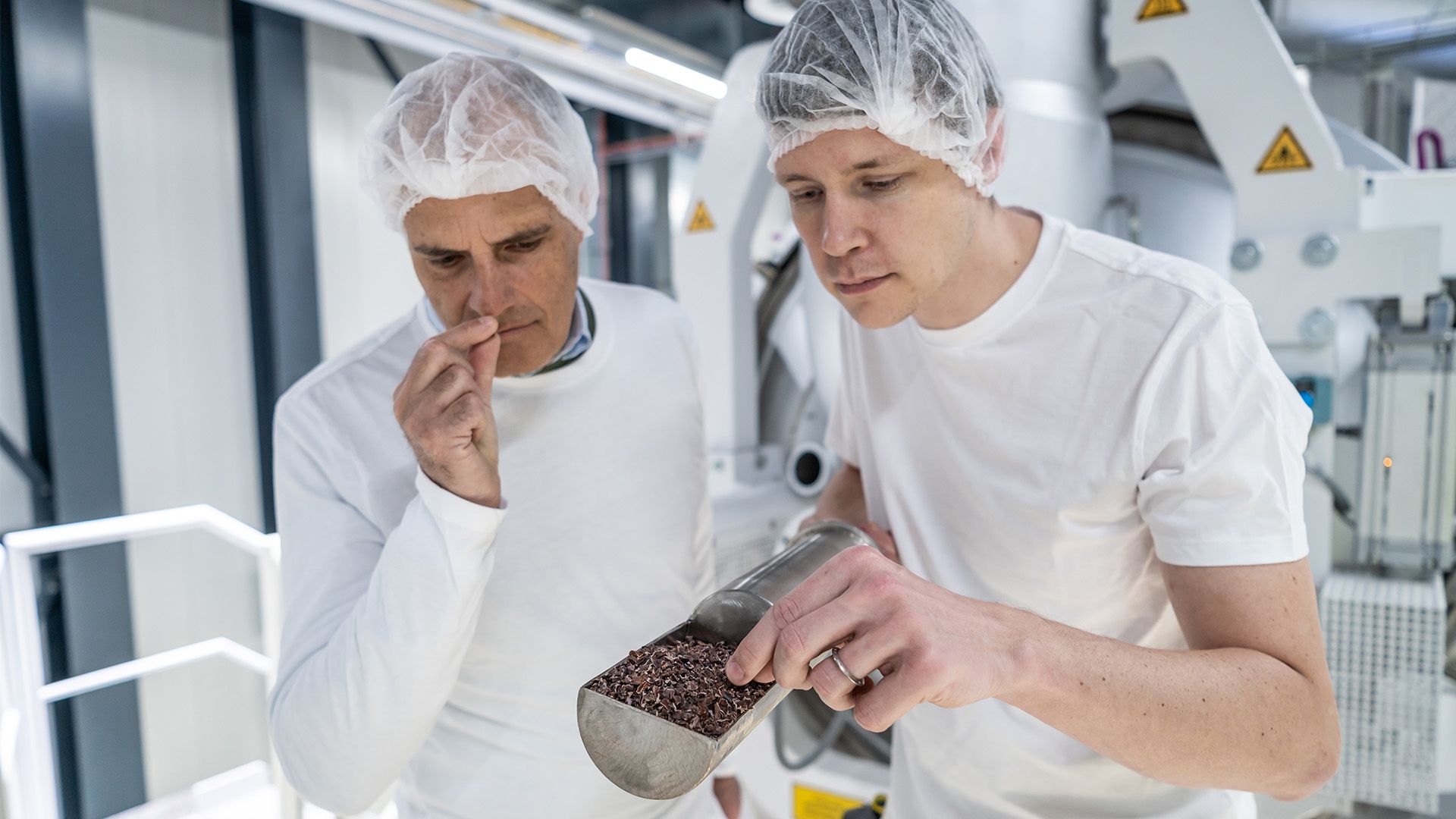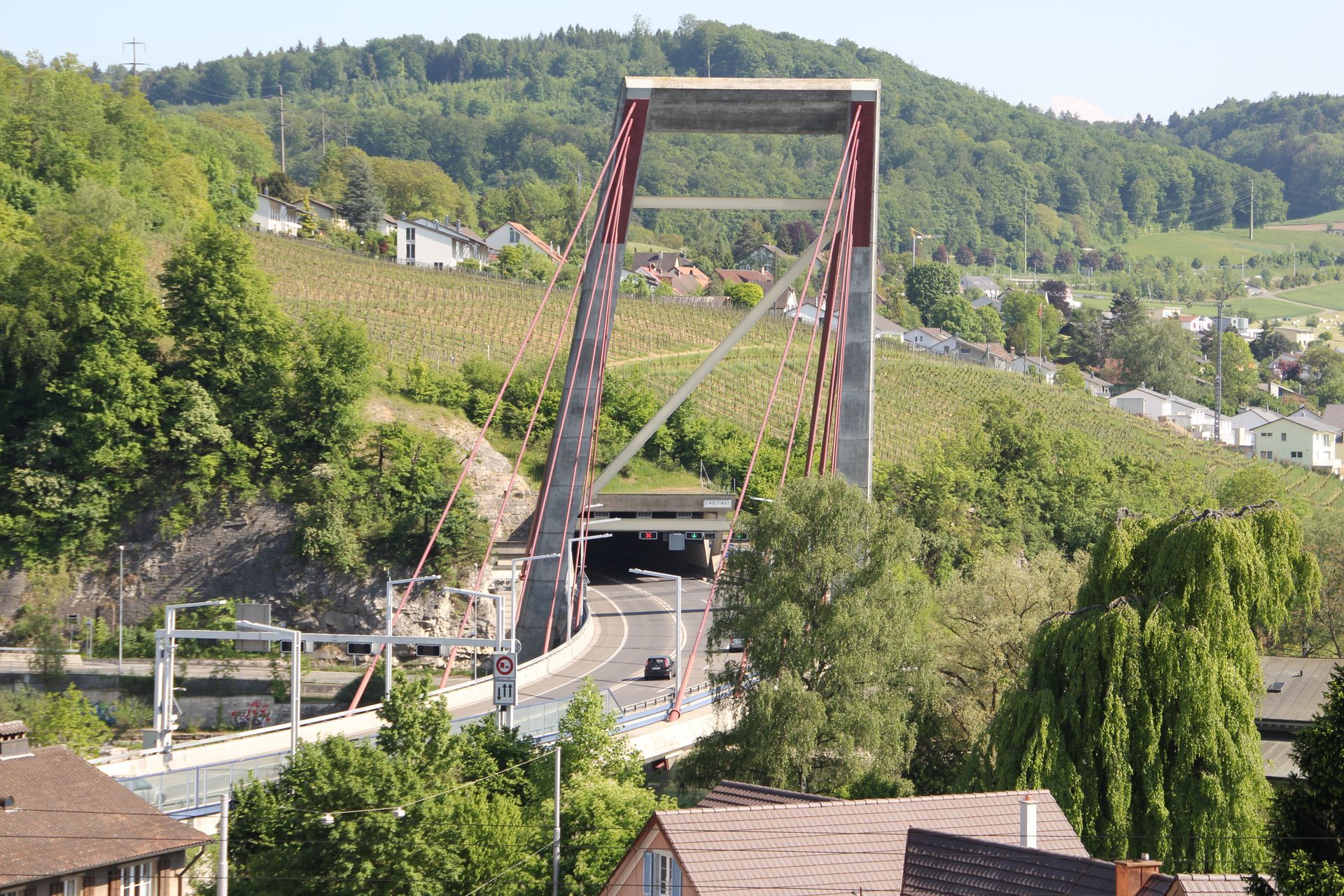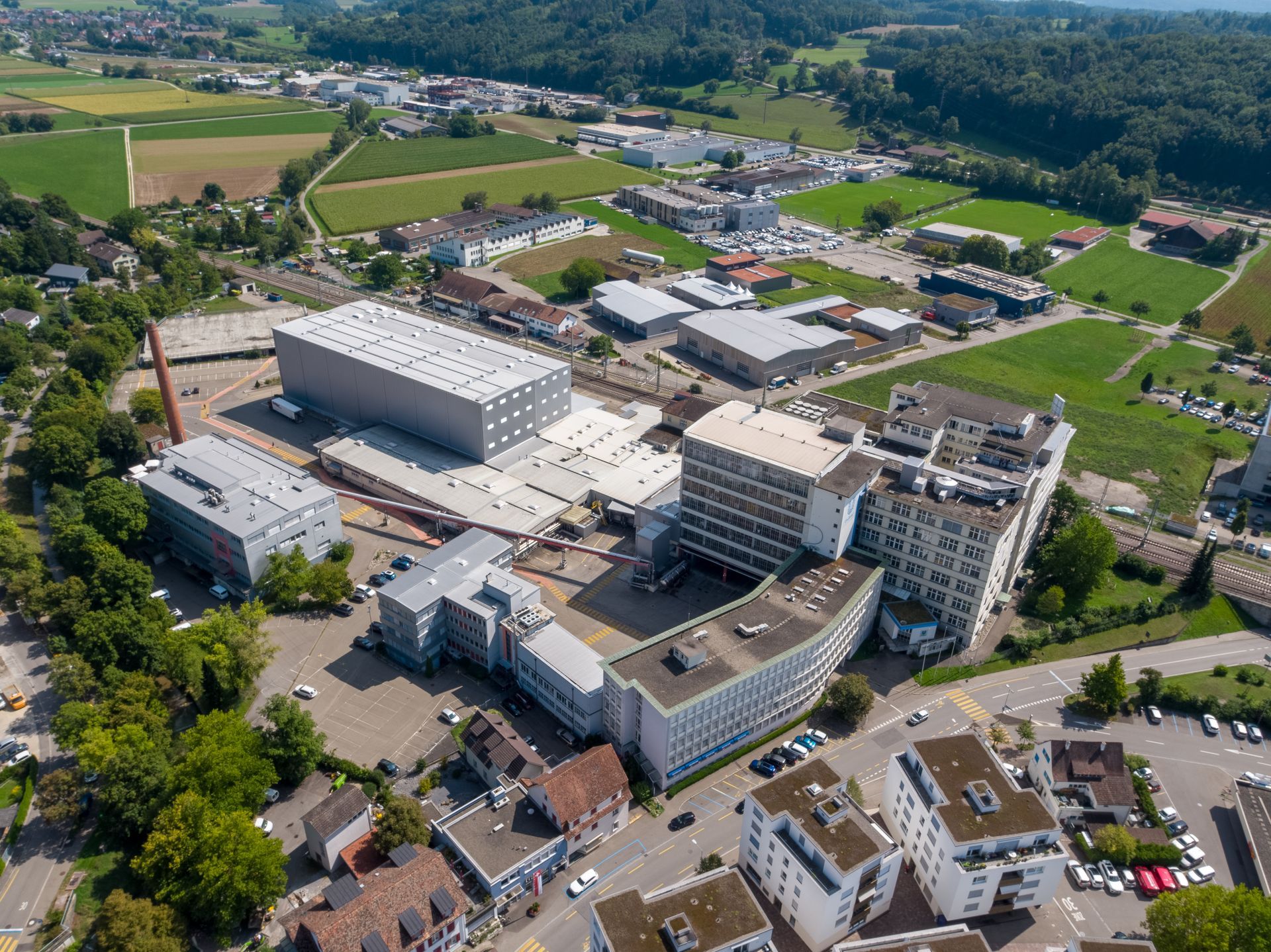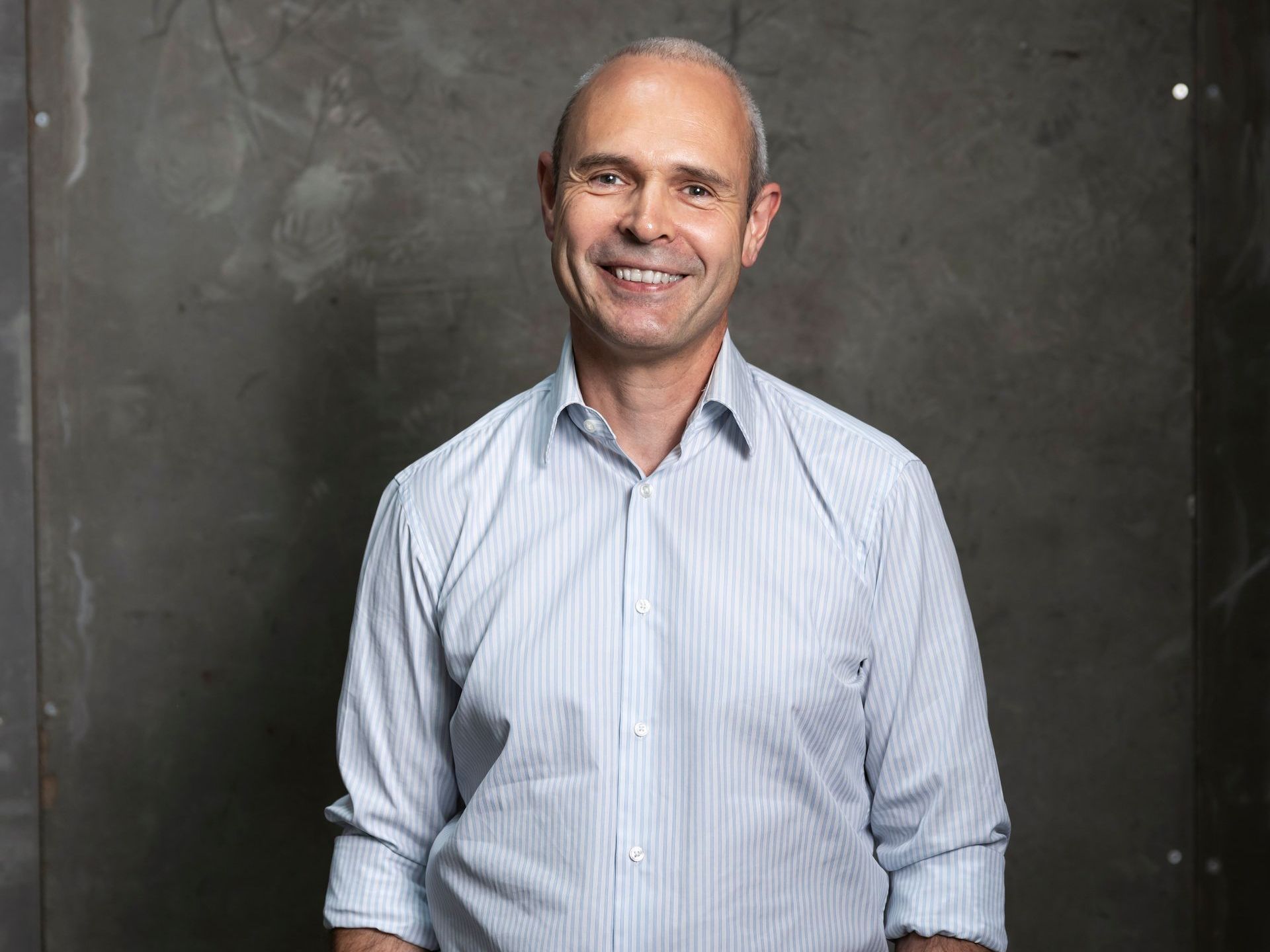Entrepreneurial curiosity is in David Yersin’s DNA. And as the head of family firm Pronatec, with around 100 employees in Switzerland and a global trading network, Yersin brings his convictions into his business.
For over 45 years, Pronatec has stood for organically produced fair-trade cocoa products, sugar, vanilla, and spices. Together with his father Albert, who founded Pronatec in 1976, current CEO David Yersin was one of the pioneers of organic sugar in the early 1980s. Pronatec initially imported sugar from Paraguay. At that time, organic farming was still a small niche and the Yersins were trendsetters. Together with a Swiss producer, Pronatec also successfully launched the world’s first cohocolate that combined both organic and Fair-Trade certification in the 1990s. “The first really good organic chocolate,” adds David Yersin with a grin. This chocolate needed the highest-quality cocoa, so Pronatec began trading in organically grown cocoa beans. In 1999, the firm opened a new step in the supply chain: its own subsidiary in the Dominican Republic. Through this subsidiary, Pronatec could buy cocoa beans directly from small farmers in Latin America under fair conditions and have the beans processed in Europe.
Right from the start, fair trade and high quality were key factors in the Yersin family’s success. Their cocoa beans, sugar, and spices are certified organic, and most have a Fair Trade label. This remains a unique advantage for the company today.
From trade to production
About four years ago, Yersin’s entrepreneurial spirit and flair for developing new markets led him and his team to plan a further step: processing the beans themselves into cocoa powder, cocoa mass, and cocoa butter. “We saw that the demand for organically produced cocoa products was growing. But the market lacked a specialized supplier,” explains David Yersin. To improve flexibility and ensure high quality, Pronatec decided to build its own production plant for organic cocoa, becoming the world’s only exclusively organic processor of semi-finished cocoa products.
In their search for a production site, the Winterthur-based company came to Schaffhausen. “We were supported in our project by the economic development agency right from the start,” Yersin shares. “And here we found a production space close to the border, with good transport links, close to our headquarters and, not least, in the center of our main sales area. We’ve also found skilled workers here, thanks to other food processors in the region.” The new facility has been in operation since June 2022, with three-shift operation beginning that October. Since then, utilization of the machines, which process 14,000 tons of cocoa beans each year, has been increasing step by step.
Pronatec supplies its semi-finished cocoa products to customers from Switzerland, Europe and even the USA and Canada. “The demand for our certified organic products is high. With our production in Switzerland, we offer very high product quality and organic certification, and we are competitive in terms of price. And with our well-coordinated team, we can also respond to our customers’ wishes and, unlike our competitors, produce comparatively small quantities,” explains Operations Manager Yannick Rihs.
A unique feature of Pronatec’s organic processing is that all three important semi-finished products – cocoa mass, cocoa butter, and cocoa powder – can be produced in the same factory. These are the starting products for the production of food items, such as chocolate or cocoa drinks, as well as cosmetics. With its own plant, Pronatec controls all process steps from the procurement of cocoa beans from small farmers to fermentation, export, processing and sales. This makes the value chain fully traceable for the company and guarantees the promise of Fair Trade and organic quality. And as a side benefit, Pronatec can maintain low levels of food waste from the processing, as the byproducts can be resold and used as additives in teas, animal food, or biogas. This lines up with the company’s philosophy.
Production for and with customers
“We produce a niche product in Beringen – customers from all over the world come to us for organic semi-finished cocoa products,” explains Yannick Rihs. “We not only process our own cocoa beans from the Dominican Republic, but we can also work with beans sourced by our customers from all over the world.”
This also makes the work challenging, as the properties of the beans – and the processing techniques – differ depending on the country of origin. "It takes a lot of experience to be able to handle the different cocoa beans. In the laboratory, we develop the desired product together with the customer - for example, cocoa mass from a specific origin - and can then produce it with the right method," adds Rihs.
Successful Niche Production
"The demand for our organic semi-finished products is very high. That's why we are already planning to expand production with further process optimization and infrastructure expansion," summarizes Yersin. However, despite a successful start, environmental challenges and other uncertainties remain - weather-related crop failures or quality losses in the beans, energy prices, delivery delays due to the long transport routes and, finally, currency fluctuations. Many variables are responsible for a successful and good operation. "We try to optimize the uncertainty factors as much as possible: through our own warehouses, short distances and close cooperation with small farmers' organizations, from whom we purchase the entire cocoa harvest. And, of course, through the controlled development of our production and the best possible fulfillment of customer needs," explains Yersin. "Food processing is demanding, as we also operate internationally with our customers. Ultimately, we also rely on consumers who are prepared to pay more for organic products and certified sustainability." David Yersin is confident: "Our Pronatec quality is convincing. And we will continue to stand up for our organic product in the future."







